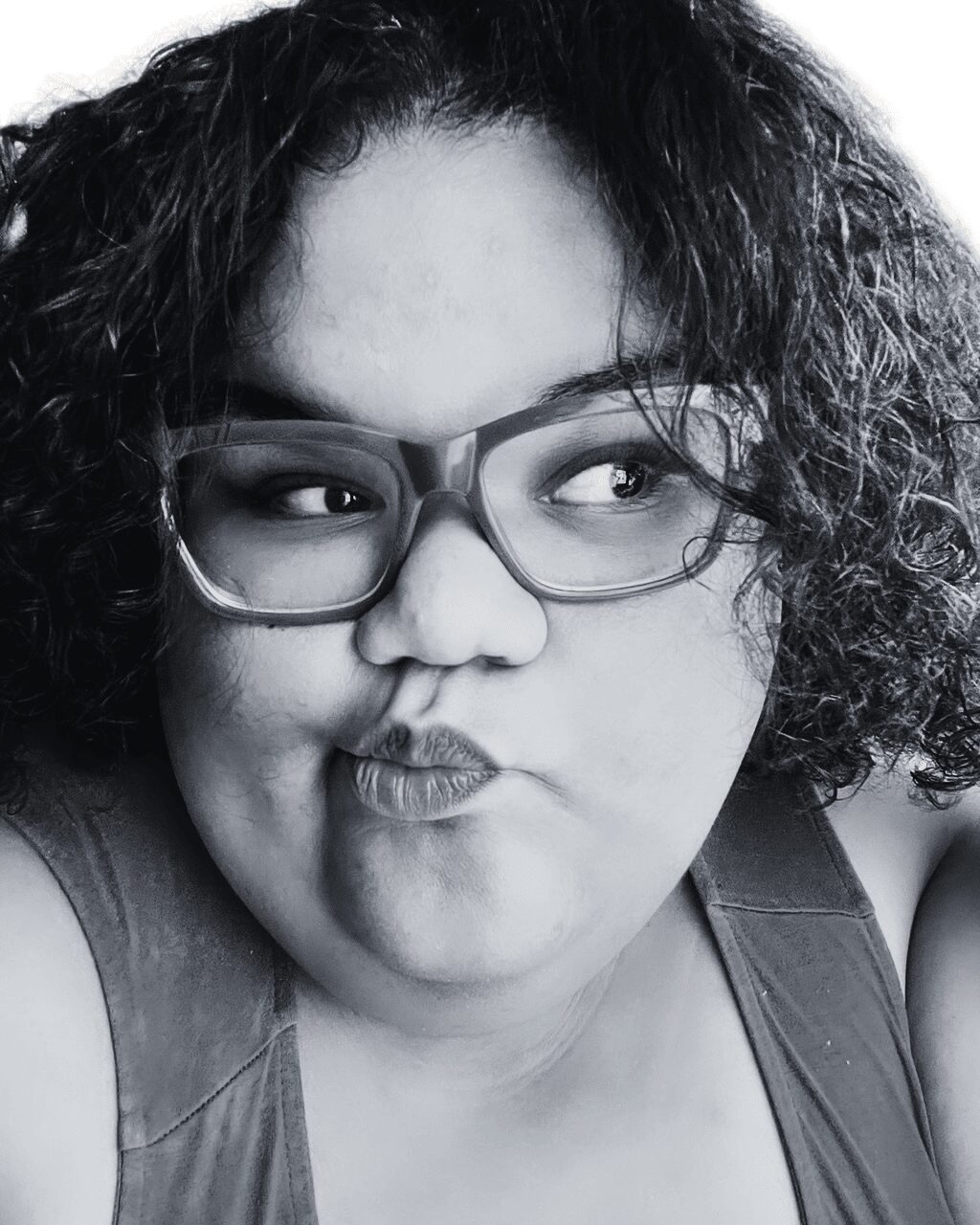Alright – so today we’ve got the honor of introducing you to Jess Silfa. We think you’ll enjoy our conversation, we’ve shared it below.
Jess, thanks for taking the time to share your stories with us today We’d love to hear about a project that you’ve worked on that’s meant a lot to you.
I come from a big Caribbean family where no one has a credit score, there aren’t any paper trails, and folks aren’t called by their government name. Growing up, I learned our history through viva voce, piecing together several versions of the same event to arrive at a story crafted from middle ground. Meanwhile, my grandfather’s favorite pastime was sitting on the stoop of our apartment building in the South Bronx, silently nodding at neighbors as they passed by. I would join him after school and learned that there were stories in the quiet too. I watched how people interacted: the way their bodies pushed and pulled against each other; the way eyebrows and shoulders would rise; the way tension filled the air before an angry voice or a fist even appeared. These experiences have had a tremendous impact on my writing.
I’m currently working on ALL THESE FAMILIAR THINGS, a linked short story collection that follows several neighbors dealing with the aftermath of a drug raid in their apartment building. Each perspective is told with care, imbued with my lived experiences. Readers will follow a wide variety of people: the bodega cashier; the stay-at-home mom who practices brujeria; he college hopeful; the drug dealer downstairs.
It is a book about community, family, and customs. Most of all, it is a love letter to the South Bronx.
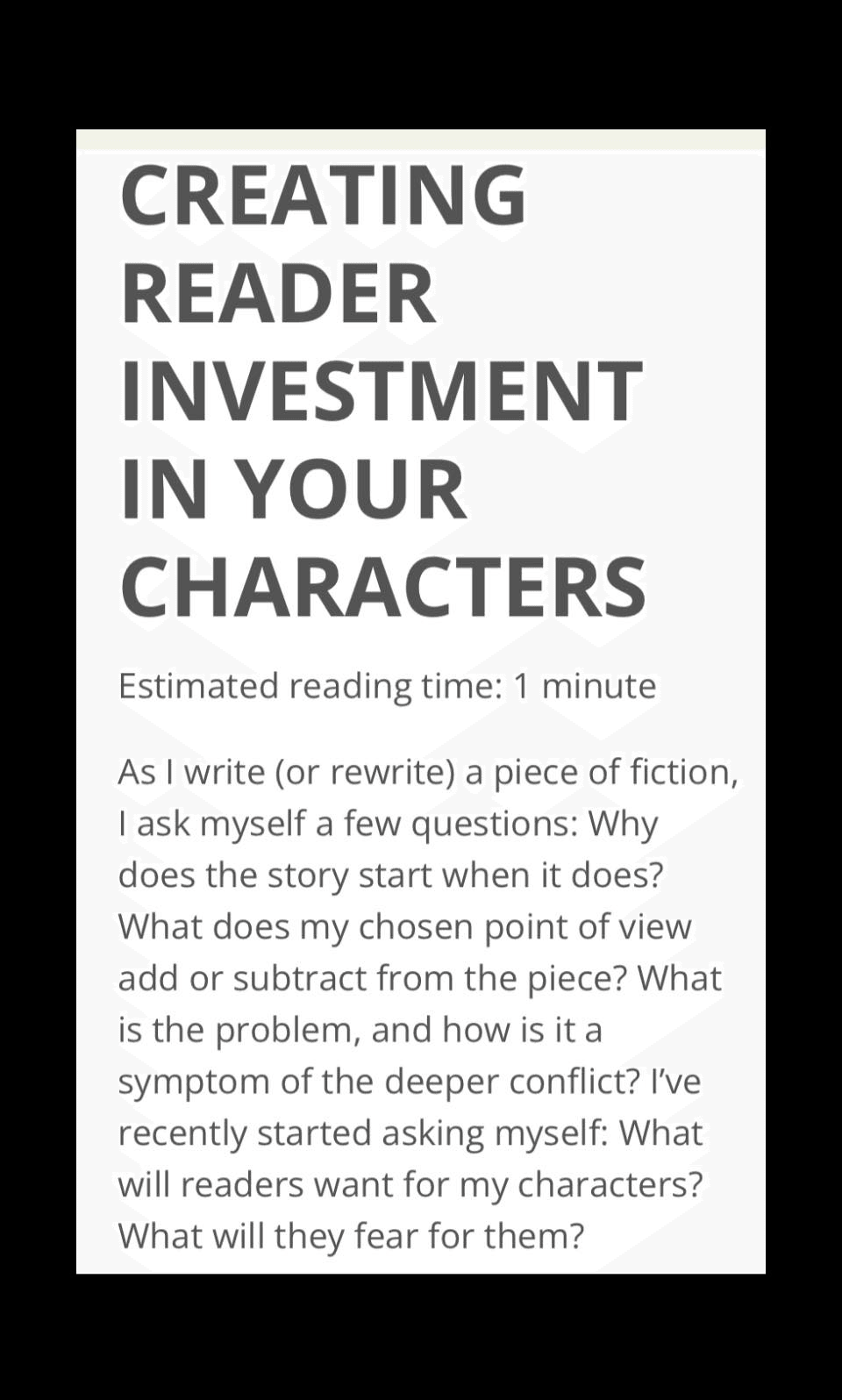
Awesome – so before we get into the rest of our questions, can you briefly introduce yourself to our readers.
As I said, my journey into writing began in the rich oral storytelling tradition of my Caribbean roots, where stories were a vibrant part of daily life. Growing up in the South Bronx, I found solace and expression in words, a passion that was nurtured by the vibrant, multicultural environment around me. My early exposure to diverse narratives and the complexities of identity and social issues deeply influenced my desire to write.
When I started college, I felt some pressure to pursue something that would “make money.” While my degree is in psychology, I took an elective writing workshop that changed the course of my life. Thankfully, I was able to merge both of my interests as studying psychology provided me with a deeper understanding of human behavior and emotions.
The transformative experience of pursuing an MFA in Creative Writing at Vanderbilt University solidified my commitment to writing, allowing me to explore and articulate the intricate intersections of my Afro-Latinx, disabled, and nonbinary identities. Writing became not just a form of personal expression, but a powerful tool for advocacy and storytelling, giving voice to underrepresented experiences and communities.
Beyond my academic and creative endeavors, I am deeply committed to advocacy and community service. I currently serve as President of the Disabled and D/deaf Writers Caucus and help run the MFA Draft Facebook group, which supports prospective MFA students. I am lucky to be able to pursue writing with a tremendous amount of support; I want everyone to have that opportunity.
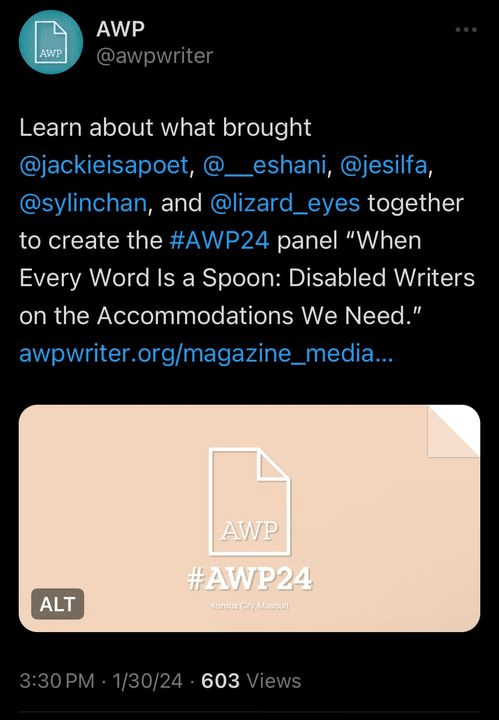
How can we best help foster a strong, supportive environment for artists and creatives?
Society needs to invest in the arts, financially and emotionally. With the rise of AI, everything from photorealistic images to poems and screenplays can be created just by feeding an AI a prompt. This harms both artists and consumers. I’m afraid that people will stop understanding what is possible. I think AI is setting unrealistic art standards in the same manner that the media has set unrealistic beauty standards. Real art takes time, investment, and soul.
In my knitting/crochet groups, people are often asked to knit a scarf for $25. When knitters respond with a price over $100 (factoring in labor and materials), the asker inevitably scoffs and says, “I could buy a scarf for $20 at Target.” I’m now seeing similar responses when it comes to AI. “Why pay an artist when I could use a machine?”
Support your local artists, whatever their mediums are. If you can’t afford to buy their art, buy them a coffee, share their work on your social media, like their posts to increase engagement, etc. And don’t make deprecating jokes about art, especially compared to other fields like science or business. When you inevitably have a bad day, hate your boss, fall in love, or want to laugh, you turn to art. It is vital and should be given that respect.
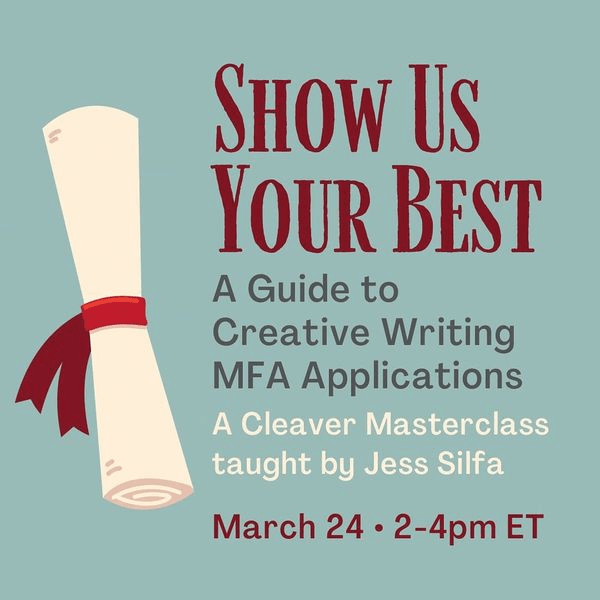
Is there something you think non-creatives will struggle to understand about your journey as a creative?
Writing takes a very long time. I have stories I am still tinkering with years after I wrote the first draft. Some pieces have been accepted immediately and others have been rejected a million times. Being an artist takes a tremendous amount of tenacity.
Contact Info:
- Website: https://jesilfa.com
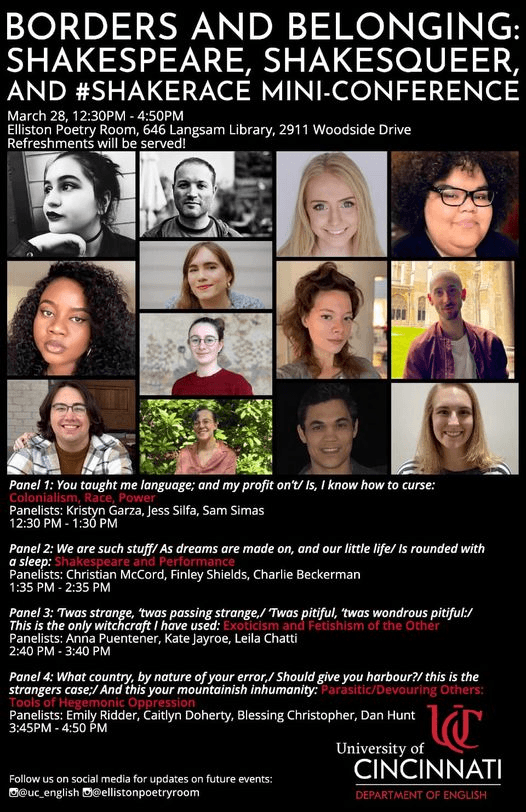
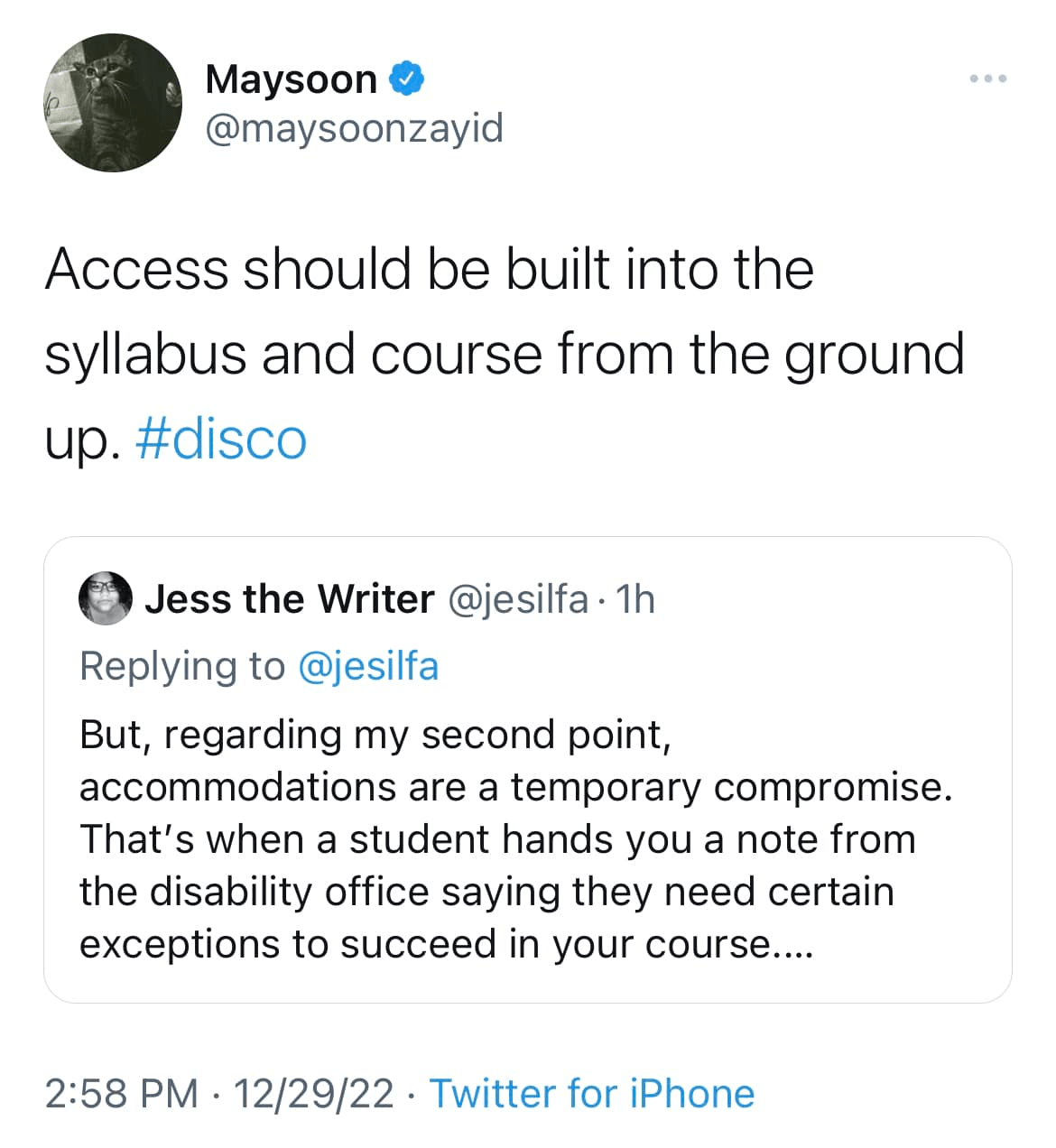
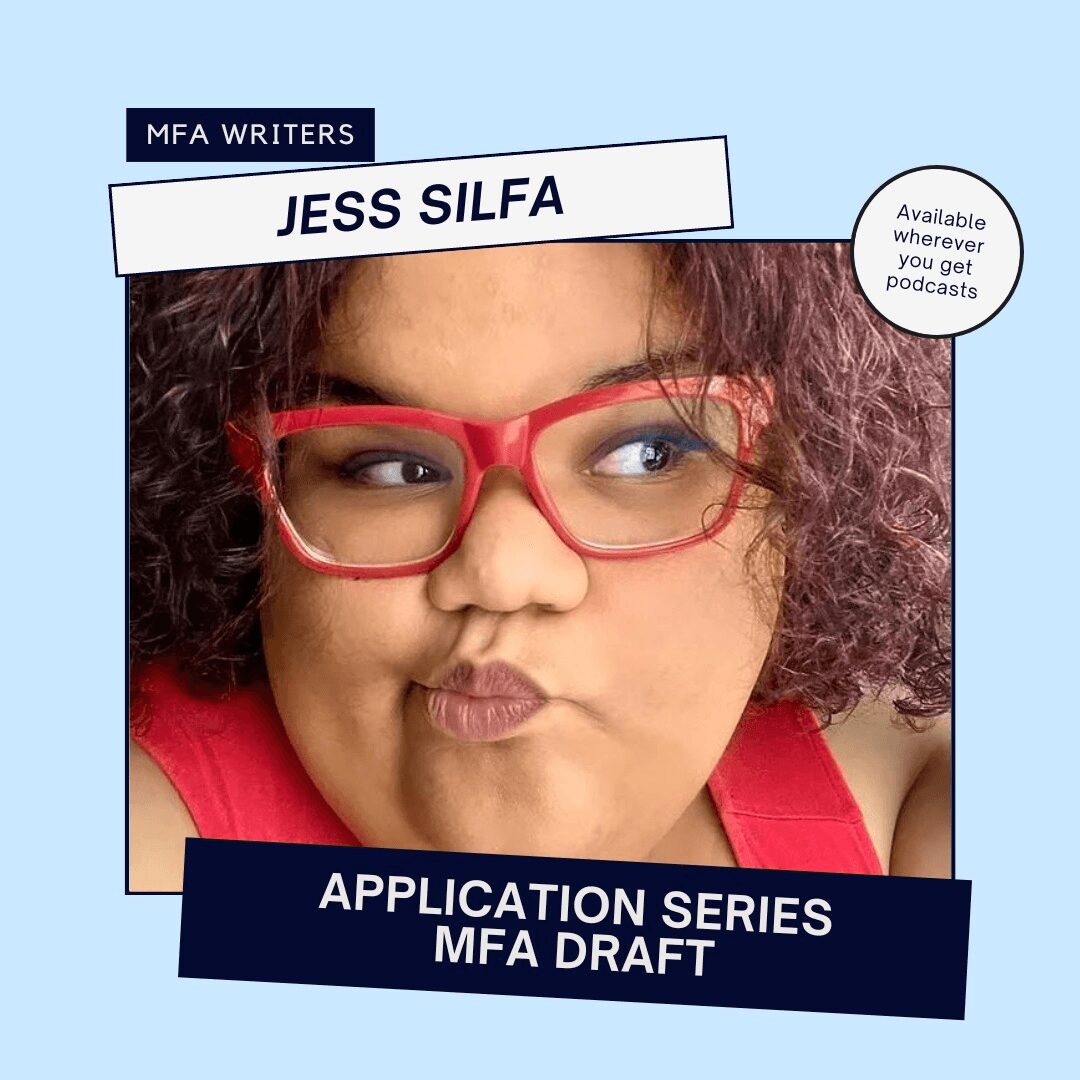
Image Credits
Cleaver Magazine, MFA Writers Podcast, Dr. Joanna Huh


